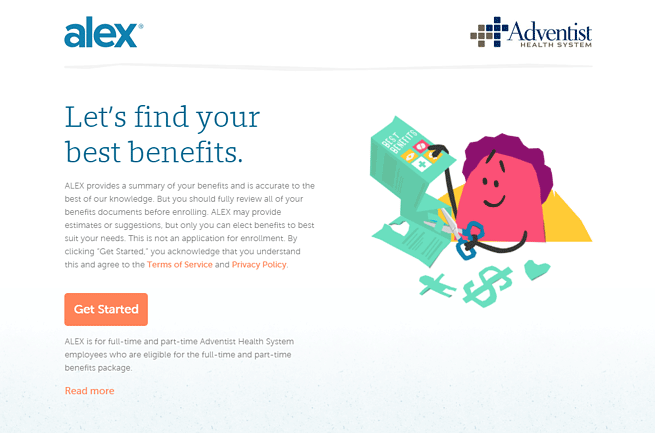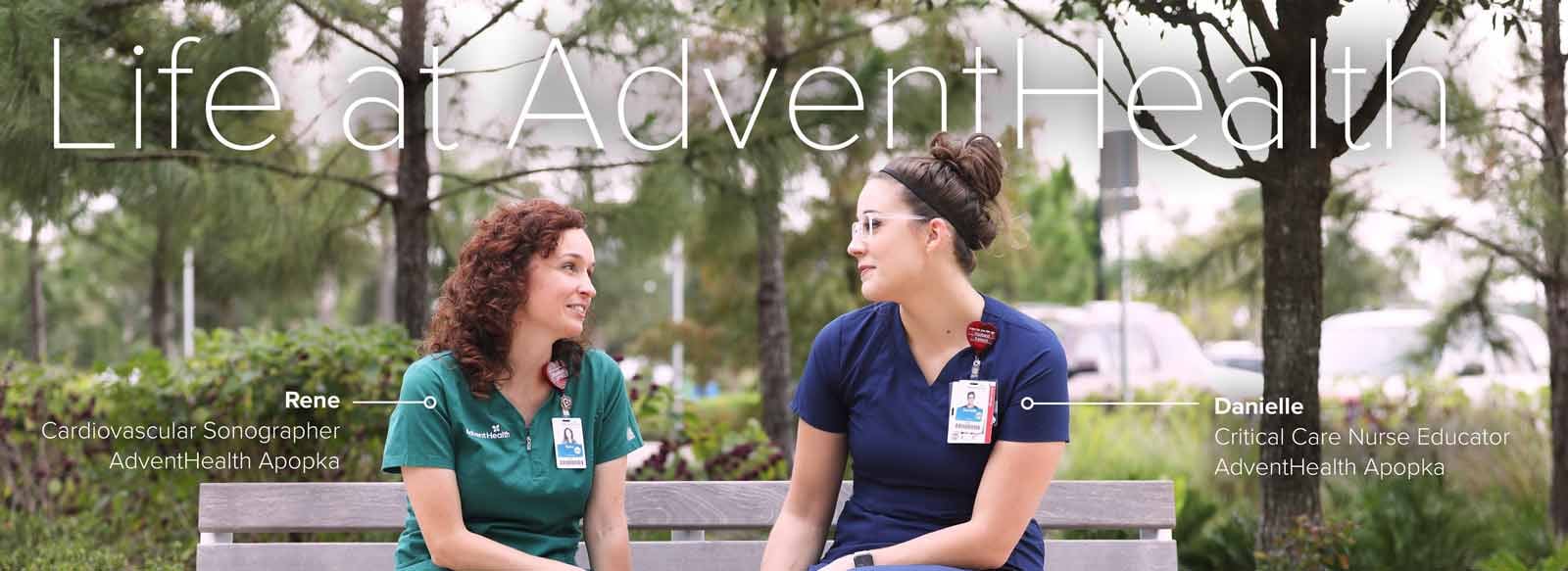A challenging task for job candidates is how to evaluate benefits packages. Many employers claim to provide competitive or comprehensive benefits, but at the end of the day, what does that mean? How can you compare their packages to ensure you’re getting the best coverage?

Before you start your research, make sure the position you are interested in is benefits eligible. Due to the significant cost of providing benefits, most companies limit the availability to specific classes of employees. This typically includes full-time employees (although definitions of what is considered full-time can vary). Sometimes part-time employees are also benefits-eligible, as long as they work a certain number of hours.
The Big Five in Benefits
In this series, we’ll take an in-depth look at what I consider the top five benefits: medical, retirement, time off, disability, and life insurance. The good news is that most employers, particularly large ones, offer packages that contain very similar offerings in each of these essential areas. However, there are nuances in the specific design of the benefits and the amount of your financial contribution required to use them. These nuances are based on each company’s industry, culture, budget and the unique needs of their employee population. Before we dive into each of the Big 5, here are some steps you can take to begin forming a big-picture understanding of an employer’s benefits.

Start by Requesting a Benefits Guidebook
Most employers, like AdventHealth, have a Benefit Guidebook that provides an overview of their entire benefits package. A good place to start your comparison is by reading that material. You don’t need to read it like you are prepping for an exam, but give it a thorough review with a pen in hand. Highlight specific benefits that are important to you, as well as those that may be new to you. Equip yourself with a basic understanding of how they work and write down questions you have for your next conversation with the company’s representative.
Ask Your Recruiter About Online Tools
Another helpful resource specifically for AdventHealth candidates is the ALEX Benefits Counselor, an online tool that can help you decide which options are right for you. Each of our campuses has a custom ALEX web address, so ask your recruiter for the appropriate link if you’d like to spend some time exploring this tool before you’re hired. 
Keep in Mind that Benefits are Subject to Change
Earlier I mentioned that most employers have similar benefits, and that is true. People in my role spend time benchmarking our benefits packages to make sure they are competitive and will help our company attract and retain talented and dedicated employees. But this process also means that most employers are continuously tweaking benefit plans to make them more attractive and cost effective. As you compare packages, keep in mind that plan design and your contribution rates are subject to change from time to time.
Consider the Big Picture
As you evaluate a job offer, benefits and compensation are important components, but remember to consider other, less-tangible factors that can impact your long-term satisfaction too. These include:
- The duration of your commute and traffic hassles
- Your comfort with your supervisor and team members
- Opportunities for growth and development
- Your fit within the company’s culture and mission

Even though these elements of your work experience aren’t quantifiable, they can often have a larger effect on your day-to-day happiness than a one percent difference in the employer’s matching contribution for your retirement plan.


